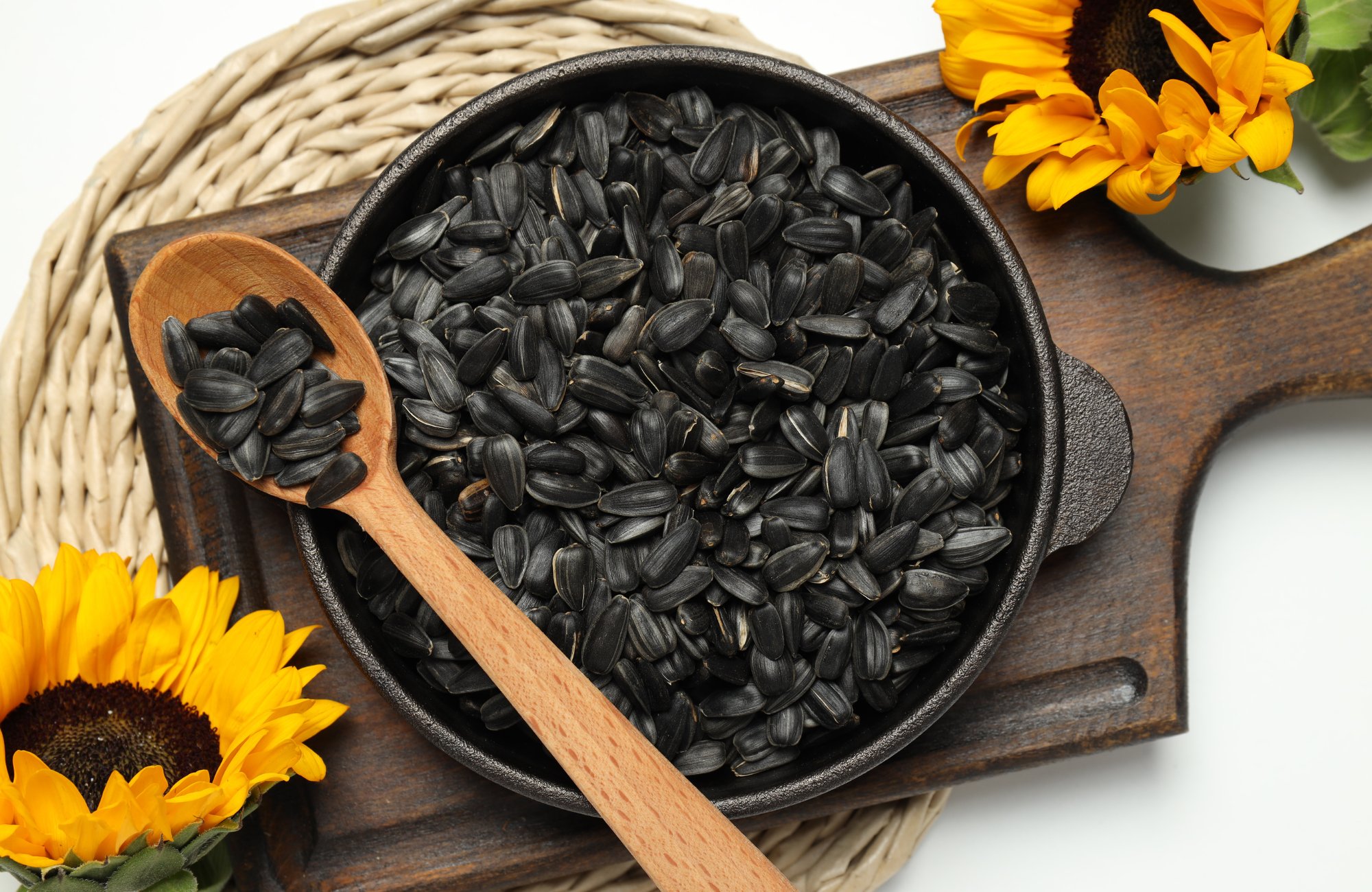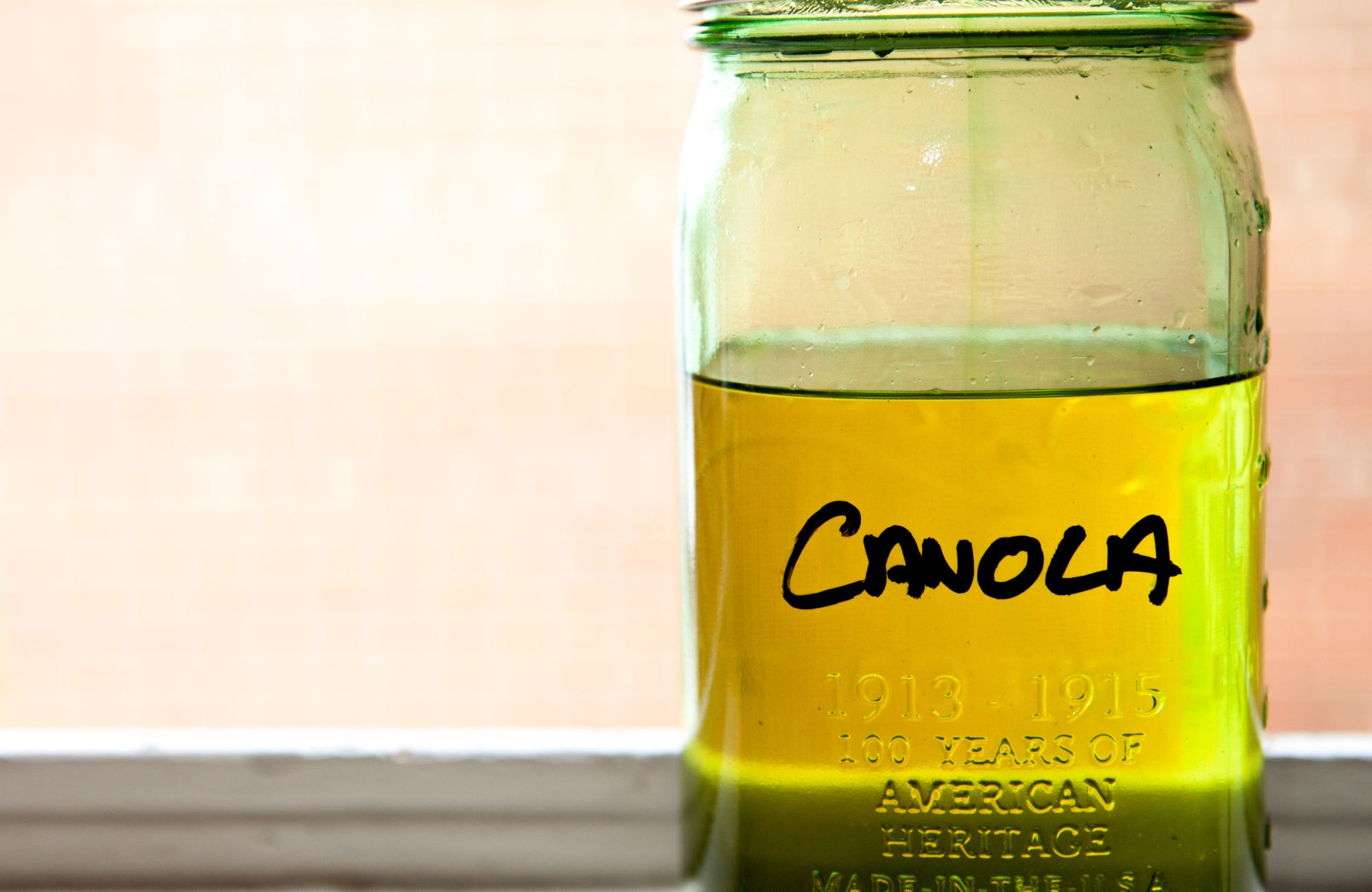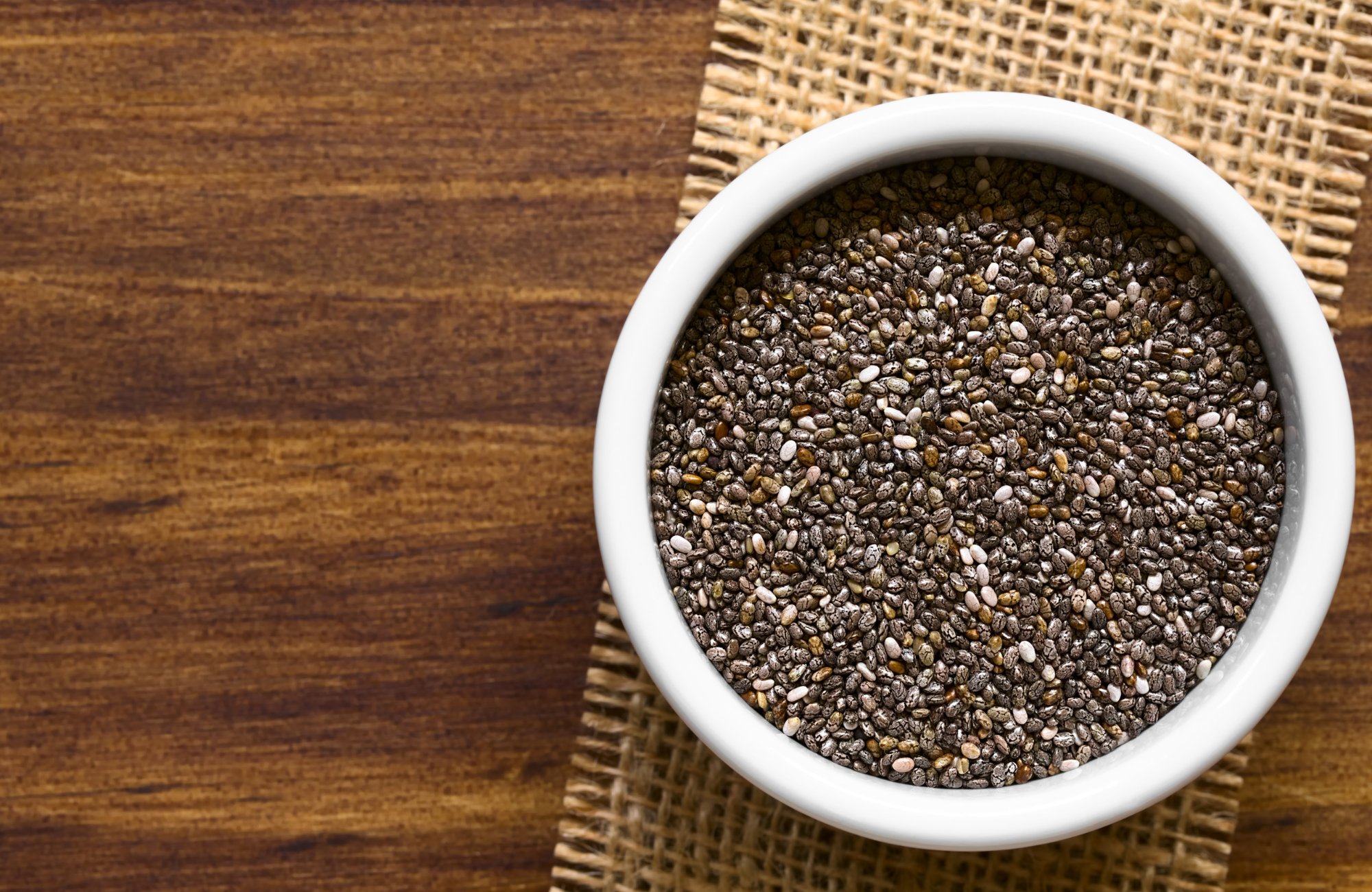
Do Sunflower Seeds Go Bad? Ultimate Guide to Shelf Life & Storage
Sunflower seeds are a popular snack, with Americans consuming over 63 million pounds annually. But if you’ve ever found yourself wondering, “Do sunflower seeds go bad?” you’re not alone. Like any food, sunflower seeds can spoil over time. However, with proper storage and knowledge of their shelf life, you can extend their freshness and preserve their nutritional value. In this article, we’ll explore how to store sunflower seeds correctly and keep them fresh for as long as possible, so you can enjoy this tasty snack without worrying about spoilage.
Understanding Sunflower Seeds
Before we explore how sunflower seeds spoil, it’s important to understand the different types available and what makes them so nutritious.
Types of Sunflower Seeds
Sunflower seeds come in several varieties, each with slightly different shelf life characteristics:
- Oilseed vs. Non-oilseed (Confectionery): Oilseed varieties have smaller, black shells and are primarily used for oil production, while non-oilseed varieties have larger, striped shells and are commonly consumed as snacks.
- Shelled vs. Unshelled: Unshelled (in-shell) sunflower seeds last longer because the shell provides natural protection against environmental factors. Shelled seeds are more vulnerable to spoilage due to direct exposure to air, light, and moisture.
- Raw vs. Roasted: Raw sunflower seeds typically have a longer shelf life than roasted ones. The roasting process changes the structure of the seeds, allowing fats to oxidize more quickly.
- Salted vs. Unsalted: Salt acts as a natural preservative, so salted sunflower seeds may last slightly longer than unsalted varieties, though the difference is minimal.
Nutritional Profile
Sunflower seeds are nutritional powerhouses, containing:
- Healthy Fats: Rich in polyunsaturated fats, including omega-6 fatty acids
- Protein: About 6 grams per 1/4 cup serving
- Fiber: Approximately 3 grams per 1/4 cup
- Vitamin E: A powerful antioxidant that helps protect cells from damage
- Minerals: Magnesium, phosphorus, copper, selenium, and zinc
- B Vitamins: Including thiamine, niacin, and folate
This impressive nutritional profile contributes to heart health, reduces inflammation, and supports immune function. However, these nutrients, especially the oils, can degrade over time, affecting both taste and nutritional value.
Do Sunflower Seeds Go Bad?
Yes, sunflower seeds definitely go bad, primarily through these mechanisms:
Rancidification
Sunflower seeds typically spoil through rancidification, which happens when their natural oils oxidize due to exposure to air, light, or moisture. Rancid seeds develop a bitter or sour taste and may smell like nail polish remover or putty. While they aren’t necessarily unsafe to eat in small amounts, rancidity affects flavor and can lead to long-term health issues like inflammation and oxidative stress if consumed regularly.
Mold Growth
While less common than rancidity (especially if seeds are stored properly), mold can develop on sunflower seeds if they’re exposed to moisture. Moldy seeds may appear discolored with fuzzy white, green, or black spots. Never consume moldy sunflower seeds, as some molds produce harmful toxins.
Pest Infestation
Improperly stored sunflower seeds can attract pantry pests like weevils, moths, or beetles. Signs of infestation include the presence of small bugs, larvae, eggs, or fine webbing in the package. Infested seeds should be discarded immediately to prevent the pests from spreading to other foods.
Shelf Life of Sunflower Seeds: Complete Breakdown
The shelf life of sunflower seeds varies significantly based on type and storage conditions. Here’s a comprehensive overview:
| Condition | Room Temperature | Refrigerator | Freezer |
|---|---|---|---|
| Unopened commercial package | 1+ years | 2+ years | 2+ years |
| Opened, raw, unshelled | 4-6 months | 12 months | 12+ months |
| Opened, raw, shelled | 2-3 months | 6-12 months | 12+ months |
| Opened, roasted, unshelled | 3-4 months | 6-9 months | 12 months |
| Opened, roasted, shelled | 2-3 months | 4-6 months | 12 months |
Unopened Commercial Packages
Store-bought sunflower seeds in sealed packages typically remain fresh for about a year when stored in a cool, dry place away from direct sunlight. The date printed on the package is usually a “Best By” date rather than an expiration date, indicating when the manufacturer expects the product to maintain peak quality.
After Opening
Once opened, the clock starts ticking more quickly. At room temperature, raw sunflower seeds may last 2-6 months, depending on whether they’re shelled or unshelled. Roasted seeds have a shorter shelf life due to the changes in their oil structure during the roasting process.
After Expiration Date
Sunflower seeds can often be safely consumed beyond their “Best By” date if they’ve been stored properly and show no signs of spoilage. The date on the package refers to quality rather than safety. Always inspect seeds for signs of spoilage before consuming if they’re past their printed date.
How to Tell if Sunflower Seeds Are Bad
Wondering if your sunflower seeds have gone bad? Here’s what to look for:
Visual Indicators
- Mold: Any fuzzy growth or discoloration
- Color changes: Darkening or unusual spots
- Physical changes: Shriveling or unusual texture
- Pest evidence: Bugs, larvae, eggs, or webbing
Smell Test
Fresh sunflower seeds have a mild, pleasant, nutty aroma. If your seeds smell off in any of these ways, they’ve likely gone bad:
- Rancid odor: Sour, bitter, or chemical smell (similar to paint or nail polish remover)
- Musty smell: Indicates potential mold growth
- Any strong or unpleasant odor: Fresh seeds should not have a strong smell
Taste Test
If the seeds pass the visual and smell tests but you’re still unsure, taste a small amount. Fresh sunflower seeds should have a mild, nutty flavor. Rancid seeds will taste bitter, sour, or unpleasantly sharp. If the taste is off in any way, spit it out and discard the batch.
Remember: When in doubt, throw them out. Human intuition is quite good at detecting when food has gone bad, so trust your instincts if something seems off about your sunflower seeds.
Proper Storage Methods for Maximum Freshness
The key to extending the shelf life of sunflower seeds is proper storage. Here’s how to keep them fresh for as long as possible:
Ideal Storage Conditions
- Temperature: Cool environment (below 70°F is ideal)
- Humidity: Low humidity to prevent mold growth
- Light: Protected from direct sunlight and artificial light
- Air exposure: Minimized through proper containers
Best Storage Containers
- Airtight containers: Glass jars with tight-sealing lids, plastic containers with snap-on lids
- Heavy-duty freezer bags: Remove as much air as possible before sealing
- Original packaging: Fine for short-term storage if it can be resealed tightly
Avoid storing sunflower seeds in paper bags or other permeable containers that allow air and moisture to enter.
Room Temperature Storage
For short-term storage (a few months), room temperature is acceptable if the seeds are kept in an airtight container in a cool, dark place like a pantry or cupboard. Keep them away from the stove, dishwasher, or other appliances that generate heat.
Refrigerator Storage
Refrigeration significantly extends the shelf life of sunflower seeds by slowing down the oxidation process that leads to rancidity. Place the seeds in an airtight container to prevent them from absorbing moisture or odors from other foods in the refrigerator.
Freezer Storage Techniques
For long-term storage (up to a year or more), the freezer is your best option. Follow these steps for optimal freezer storage:
- Place seeds in an airtight container or heavy-duty freezer bag
- Remove as much air as possible to prevent freezer burn
- Label the container with the date
- Store at 0°F or below
When properly stored in the freezer, sunflower seeds can remain safe indefinitely, though quality may begin to decline after about a year.
What to Do with Stale or Aging Sunflower Seeds
If your sunflower seeds are stale but not rancid or moldy, don’t throw them out! Try these methods to revitalize them:
Refreshing Methods
- Roasting: Spread seeds on a baking sheet and roast at 325°F for 5-10 minutes, stirring occasionally. This drives off moisture and enhances flavor.
- Seasoning: Add a light coating of oil and your favorite seasonings before roasting to give stale seeds new life.
- Toasting: For already roasted seeds, a quick toast in a dry skillet can refresh their crunch and flavor.
Creative Uses for Older Seeds
Stale sunflower seeds can still be put to good use in:
- Sunflower seed butter: Process in a food processor until smooth, adding a little oil if needed
- Baked goods: Add to bread, muffins, or cookies where the seeds will be incorporated with other ingredients
- Granola or trail mixes: Combined with dried fruit, nuts, and other ingredients, slightly stale seeds are less noticeable
Bird and Wildlife Feed
If your sunflower seeds are too old for human consumption but not moldy or rancid, they make excellent bird food. Many wild birds love sunflower seeds, particularly the black oil variety with higher oil content.
Health Implications
Understanding the health aspects of fresh versus spoiled sunflower seeds can help you make informed decisions about when to consume or discard them.
Safety of Consuming “Expired” Seeds
It’s usually safe to eat sunflower seeds past their “Best By” date if they’ve been stored properly and show no signs of spoilage. The date indicates peak quality rather than safety. However, as seeds age, their nutritional value may decline, particularly their vitamin E content.
Risks of Consuming Rancid Seeds
While eating a small amount of rancid seeds won’t cause immediate illness, regular consumption of rancid fats may have negative health implications:
- Increased oxidative stress: Oxidized fats can contribute to cellular damage
- Potential digestive discomfort: Some people experience nausea or stomach upset
- Reduced nutritional value: Many vitamins degrade as seeds become rancid
The unpleasant taste of rancid seeds is usually enough to prevent most people from consuming large quantities, which is nature’s way of protecting us from potentially harmful foods.
Conclusion
Sunflower seeds are a nutritious snack packed with healthy fats, protein, and essential minerals, but like all foods, they can go bad over time. Whether it’s due to rancidification, mold growth, or pest infestations, knowing the signs of spoilage and how to properly store sunflower seeds is key to maintaining their freshness and nutritional value. By using the right storage methods, at room temperature, in the refrigerator, or in the freezer, you can extend the shelf life of your sunflower seeds, ensuring they stay sunflower seeds good and safe to eat for longer.
Looking to stock up on fresh sunflower seeds or explore other healthy options like pumpkin seeds? US Sweeteners offers high-quality products perfect for your culinary needs. Whether you’re preparing snacks or recipes, our premium seeds provide the perfect crunch and flavor. For more information or to shop today, contact us and let us help you find the best ingredients for your kitchen!
FAQs
How do you know when sunflower seeds go bad?
You can tell sunflower seeds have gone bad by checking for visual signs like mold or discoloration, smelling for rancid or off odors (like paint thinner or chemicals), and tasting a small amount – hulled sunflower seeds typically show signs of spoilage more quickly than those still in their shells.
Can I eat 2-year-old sunflower seeds?
You can potentially eat 2-year-old sunflower seeds if they’ve been stored properly (especially if frozen or refrigerated) and show no signs of spoilage, but always check for rancidity, mold, or off smells before consuming.
When should you not eat sunflower seeds?
Don’t eat sunflower seeds if they smell rancid, have visible mold, show signs of pest infestation, or taste bitter/sour; also, be cautious about consuming too many sunflower seeds at once, as this can lead to excessive calorie intake despite their nutritional benefits.
Are old sunflower seeds bad for you?
Old sunflower seeds aren’t necessarily bad for you if they’ve been stored properly and show no signs of spoilage, but once they become rancid, they contain oxidized fats that may contribute to inflammation and oxidative stress if consumed regularly.
How long do sunflower seeds last?
Properly stored, unopened packages of sunflower seeds typically last 1-2 years at room temperature, while opened seeds remain fresh for 2-6 months at room temperature, 6-12 months in the refrigerator, and 12+ months in the freezer.



Leave a Reply